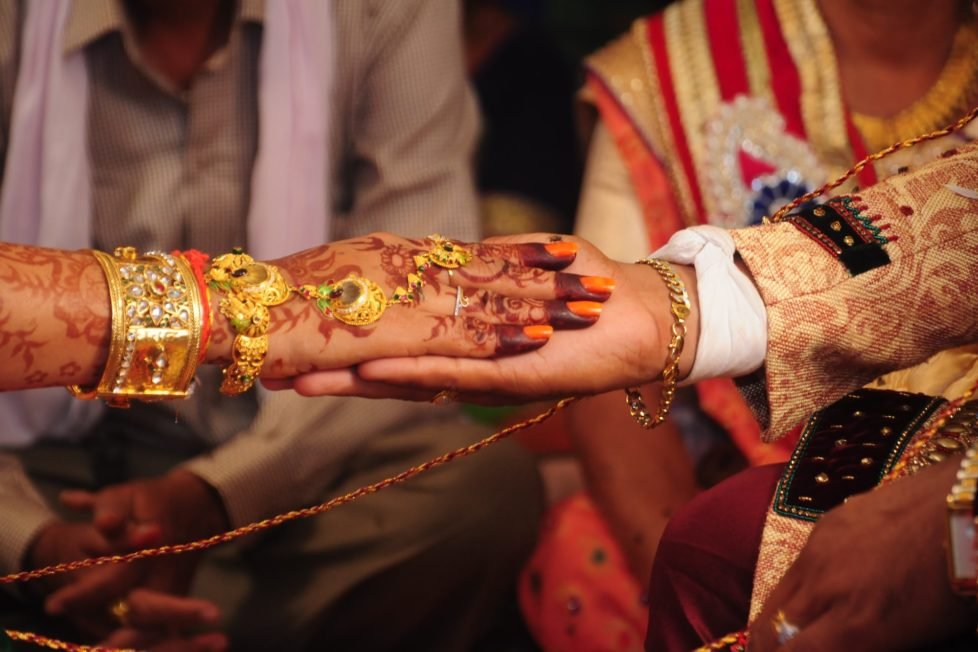How Kerala weddings are different from Tamil weddings?


In India, there are two types of traditional wedding ceremonies: mallu and Tamil. However, there are some distinctions between them in terms of customs and rituals. Tradition and culture are highly valued in Tamil Nadu and among Tamils. There are too many qualities that people have in common, and any variation from this is hardly noticeable. Language, history, ethnicity, religion, geography, cuisine, political ideologies, etc. are a few examples. It is consequently the most homogeneous and least diverse. The neighborhood has an inward-looking, self-assured mentality.
But, when Kerala is contrasted, the distinction is very clear. One of the most diversified and interconnected societies in the world, Kerala and its inhabitants are incredibly different. The people of Kerala do not share many characteristics with their counterparts in Tamil Nadu. The dialects vary so much from region to region that one Keralite may not be able to fully comprehend another from a different one. History, race, religion, political ideologies, culture, etc. are all different. The only thing that binds every Keralite, then, is their shared geography, which suggests their unshakable devotion to their home state.
Many various wedding traditions develop in Kerala because it is a multicultural state where many religions coexist. The Malayali Nair marriage, on the other hand, is the style of nuptial that is typically related to Kerala.
Hindu, Muslim, and Christian marriages are all common in Kerala, and each religion has its own traditions. Nonetheless, all religious marriages typically take place exclusively on Sundays, while in Tamil Nadu Hindu marriages only take place on Muhurat days. In Kerala, just lunch is served during weddings. But in Tamil Nadu, food is served to thousands of guests before daybreak, during Muhurat in the morning, and at noon.
Malayali weddings, also known as mallu marriages, are frequently celebrated in Kerala, an Indian state. They frequently feature a variety of Malayali cultural traditions, such as the “Kashi Yatra” and the “Nischayam” which is an engagement ceremony). An actual wedding ceremony is often a Hindu event, and it may include rites like the “Saptapadi” and the “Kanyadaan”.
On the other hand, Tamil weddings are usually celebrated in the Indian state of Tamil Nadu. Tamil Community marriages are typically done in the early morning. Tamils faithfully perform the ceremony of a Tamil marriage at the appointed hour as determined by their priest. The Tamil bride’s family and the family of the Tamil groom undertake the MangalaSnanam ritual at their houses at the crack of dawn, and then they leave for the wedding ceremony after cleaning their bodies in holy water. Moreover, a Tamil bride would be straightforward, modest, rooted, and brimming with love.
They also involve a number of Tamil-specific customs, such as the “Pada Pooja” and the “Kashi Yatra,” which entail the groom visiting the bride’s family (worshipping of the feet). Hindu wedding traditions like the “Kanyadaan” and the “Saptapadi” may be performed as part of the actual wedding ceremony. Generally, there are many parallels between Mallu and Tamil weddings, but there are also some definite distinctions in terms of traditions and ceremonies.
DISCLAIMER: The author is solely responsible for the views expressed in this article. The author carries the responsibility for citing and/or licensing of images utilized within the text.
